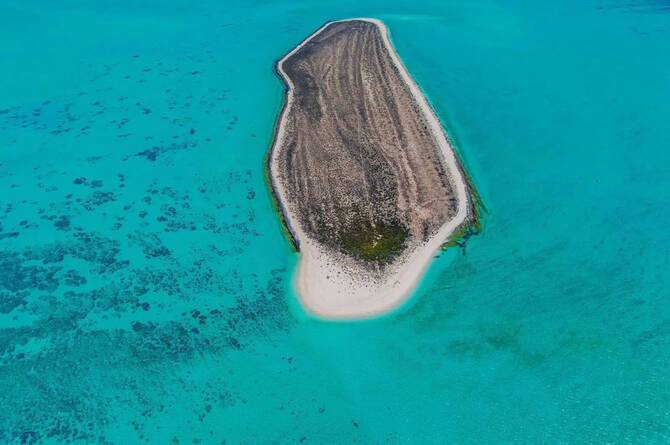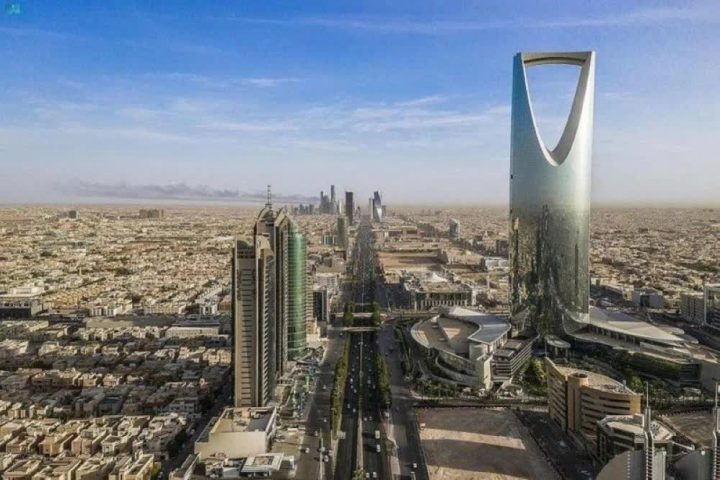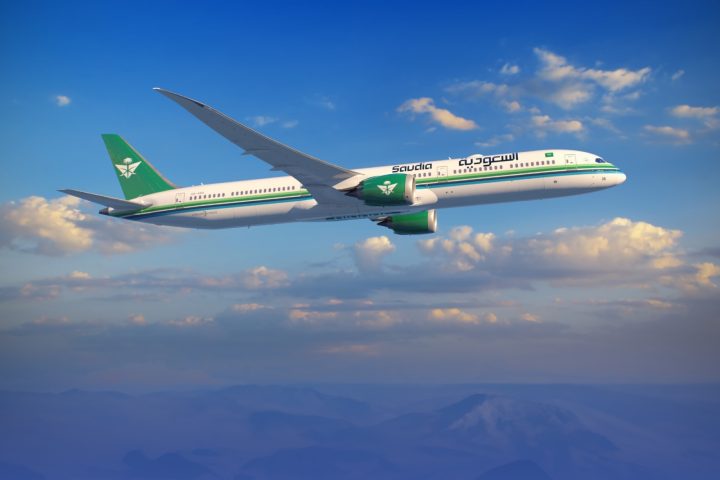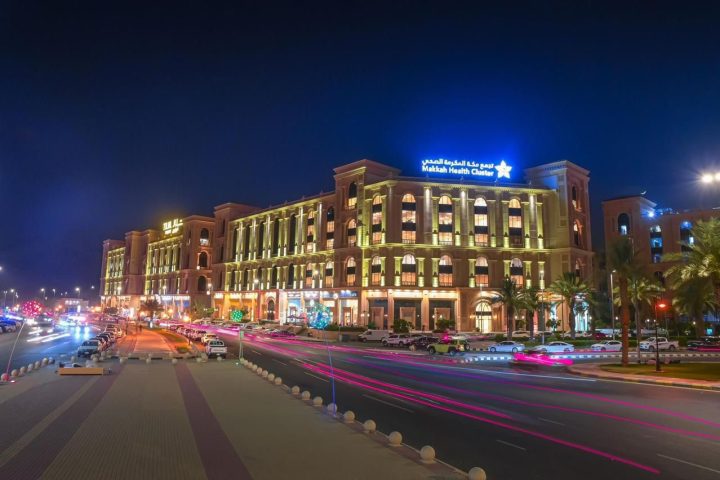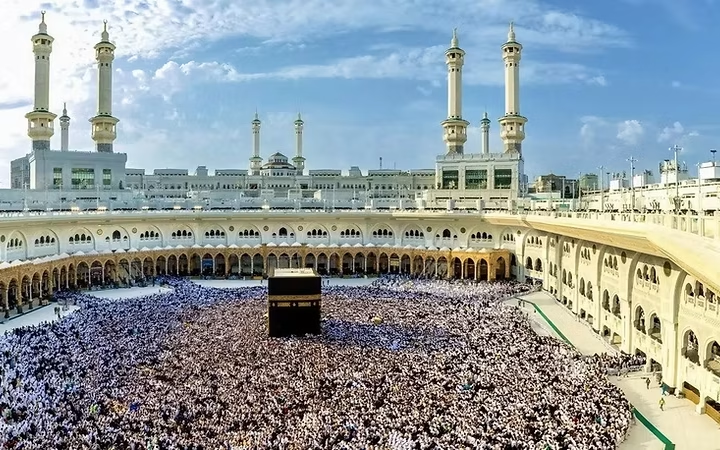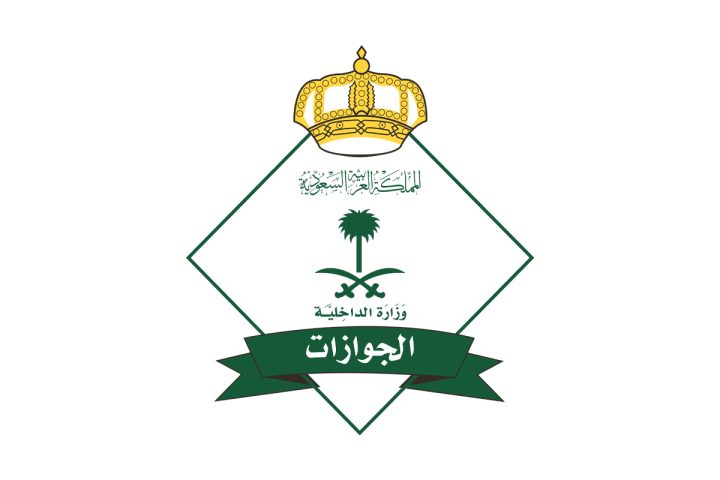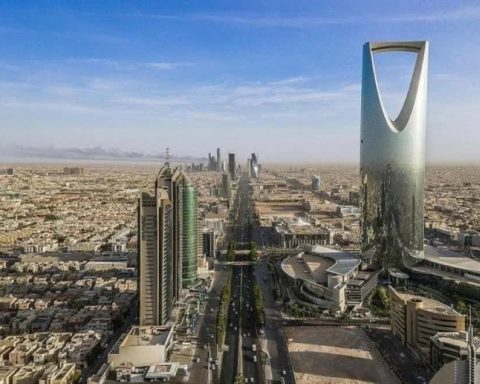A recent scientific study has revealed that Saudi Arabia’s eastern coastal ecosystems are in overall good ecological health, reflecting the Kingdom’s strong environmental policies and conservation initiatives under Vision 2030.
The comprehensive study assessed the condition of coral reefs, mangrove forests, tidal flats, and shallow marine zones along the Arabian Gulf coastline. Findings indicated that most ecosystems remain stable and resilient, thanks to improved coastal management, reduced industrial pollution, and ongoing restoration projects.
Researchers noted that efforts led by the National Center for Wildlife, the Ministry of Environment, Water and Agriculture, and the National Environment Authority have significantly enhanced environmental awareness and scientific research to protect natural habitats.
Key coastal areas, including Jubail, Khobar, and Dammam, showed signs of gradual ecological recovery, supported by coral reef restoration and mangrove replanting programs aligned with the Saudi Green Initiative, which aims to restore ecosystems and promote long-term sustainability.
The study emphasized the importance of continuous monitoring, water quality assessments, and biodiversity protection to ensure the longevity of marine resources and support the Kingdom’s emerging blue economy.
This achievement underscores Saudi Arabia’s success in balancing economic development and marine conservation, reaffirming its position as a regional leader in sustainability and environmental stewardship.


